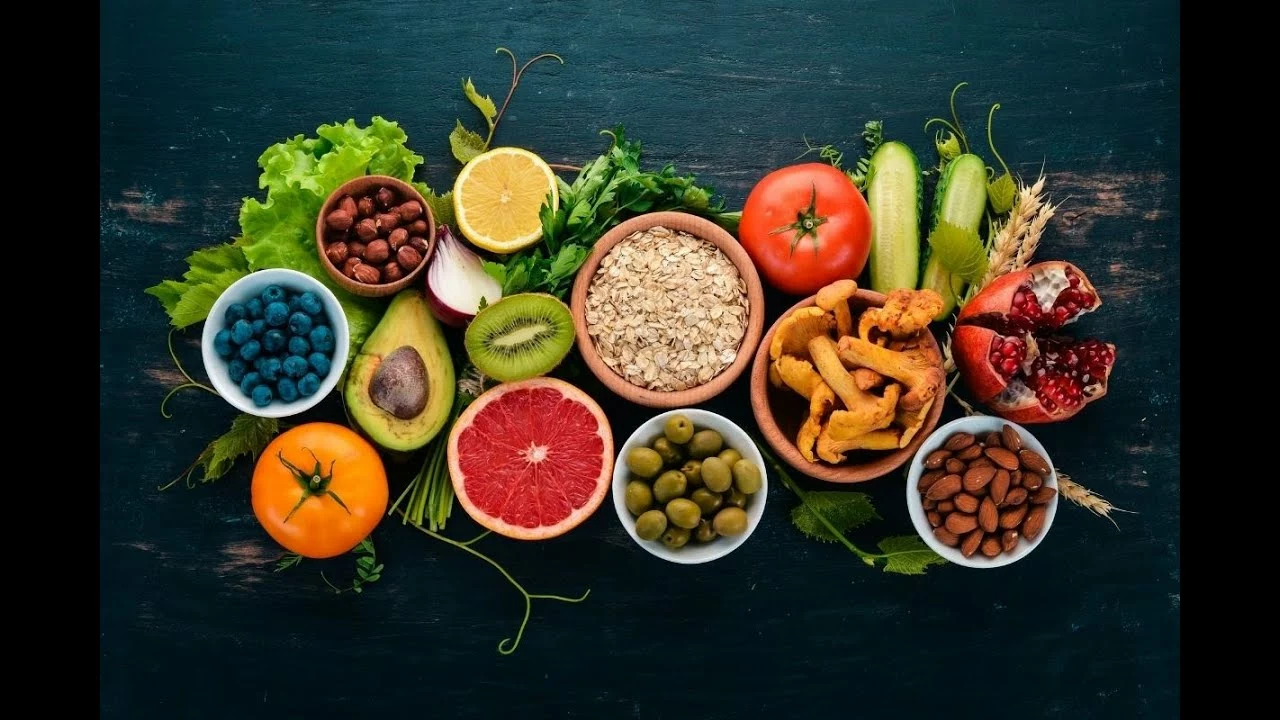Nutrition Tips for Football Players – Boost Your Game
Ever wonder why some players look like they can run forever while others tire early? The secret isn’t just talent – it’s fuel. What you eat before, during, and after a match can make the difference between a win and a loss. Below are practical, down‑to‑earth nutrition habits that fit into a busy football schedule.
What to Eat on Game Day
Game day meals should be light, balanced, and timed so you’re not feeling heavy on the pitch. Aim for a breakfast that combines carbs and protein – think oatmeal topped with banana and a scoop of Greek yogurt. The carbs give you quick energy, while the protein steadies blood sugar.
Two to three hours before kickoff, have a snack that’s mostly carbs with a little protein. A turkey sandwich on whole‑grain bread, a small sweet‑potato and hummus bowl, or a fruit‑smoothie with whey are all solid choices. Avoid heavy sauces, fried foods, or large amounts of dairy – they can sit in your stomach and slow you down.
During the match, stay hydrated. Water is fine for the first hour, but once you’ve been playing for more than 45 minutes, add a sports drink that contains electrolytes and a modest amount of sugar. It helps replace sodium lost in sweat and keeps your energy level steady.
Everyday Fuel for Training
Training days are where you build strength and stamina, so your meals should support recovery and muscle repair. Start the day with complex carbs – whole‑grain toast, brown rice, or quinoa – paired with lean protein like eggs or chicken. Adding a handful of nuts gives you healthy fats that aid joint health.
Post‑workout nutrition is crucial. Within 30 minutes, reach for a recovery snack that hits the 3:1 carb‑to‑protein ratio. A chocolate‑milk shake, a banana with peanut butter, or a protein bar works well. That quick mix helps replenish glycogen stores and jump‑starts muscle repair.
Don’t forget vegetables. Leafy greens, carrots, and bell peppers supply vitamins and antioxidants that combat inflammation. Aim for at least five servings a day – color on your plate is a good visual cue.
Finally, keep an eye on portion sizes. Overeating, even with healthy foods, can add unnecessary weight and affect speed. Use your hand as a guide: a palm‑sized portion of protein, a fist of carbs, and a thumb of healthy fats.
Putting these habits into practice doesn’t require a nutritionist’s degree. Start with one change – maybe swapping a sugary cereal for oatmeal – and build from there. Your body will thank you with better stamina, faster recovery, and fewer injuries. Remember, the best players aren’t just fast on the field; they’re smart about the fuel that gets them there.
Do pro soccer players eat as they like during off-season?
In my recent research, I've discovered that professional soccer players don't have free rein to eat however they please in the off-season. Despite not being in active play, they still maintain a balanced diet to keep their bodies in top shape. This means consuming nutrient-dense foods and avoiding excessive amounts of junk food. Of course, they do enjoy a bit more flexibility and can indulge occasionally. But, overall, a disciplined approach to nutrition remains crucial, even during their break.
